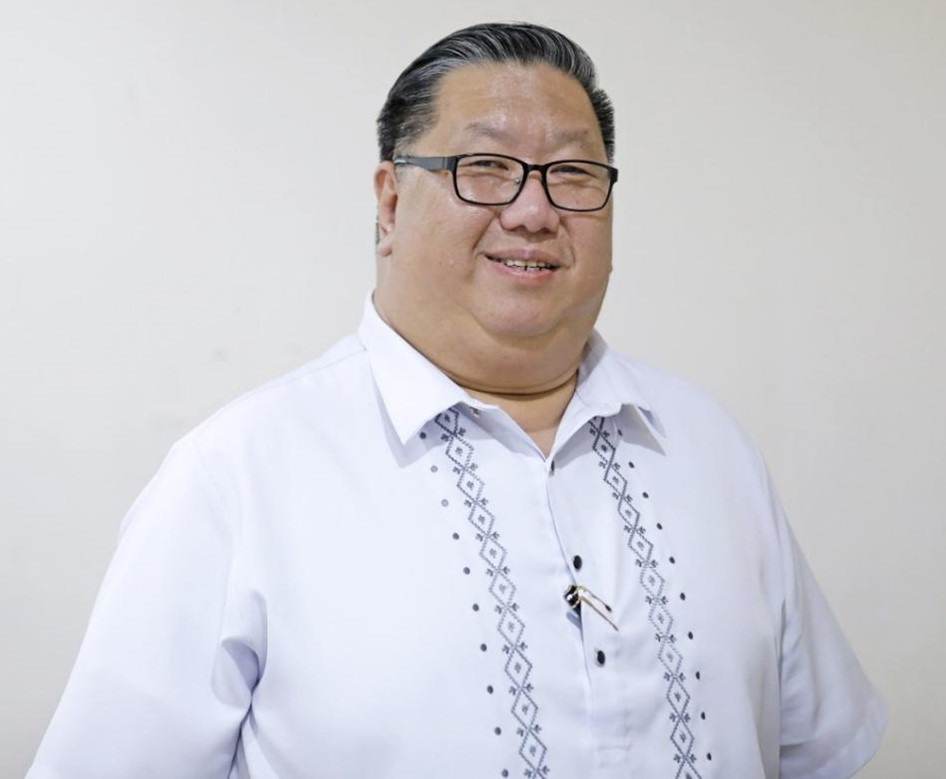FRESH VIEWPOINTS: A NEW PERSPECTIVE
By Brian James Lu
Celebrating women entrepreneurs
Share
Join me in honoring the achievements of women this International Women's Day, celebrated annually on March 8. This global tribute recognizes the incredible contributions of women across various aspects of life. In the Philippines, the day holds special significance as it highlights the remarkable strides made by women entrepreneurs in reshaping the business landscape. As we celebrate International Women's Day, let's acknowledge the pivotal role women entrepreneurs play in driving economic growth, fostering innovation, and promoting inclusivity.
In recent years, there has been a notable increase in the number of women venturing into entrepreneurship in the Philippines. Before the pandemic, it was estimated that one in every four small and micro enterprises (SMEs) in the country was led by women. The Philippine Statistics Authority reported that in 2015, 28,000 SMEs were either fully owned, co-owned, or led by women. Notably, even in communities with prevalent sari-sari stores, these are often operated by women, primarily mothers.
While societal norms historically constrained women's involvement in business, changing dynamics and a more inclusive mindset have allowed Filipino women to emerge as formidable entrepreneurs. Today, they are breaking barriers and making substantial contributions to the country's economic development.
One of the distinctive features of women entrepreneurs in the Philippines is their commitment to fostering inclusivity and diversity within the business ecosystem. Many women-led enterprises prioritize creating a workplace that values equality, embraces diversity, and provides opportunities for all. This not only contributes to a more harmonious work environment but also enhances overall productivity and innovation. Such commitment may have been borne of gender mainstreaming, or gender and development (GAD), which pursues gender equality in all aspects of the development process. There is a strong GAD advocacy in the Philippines that has permeated the workplace and the principles of entrepreneurship in the country.
Women entrepreneurs often bring a unique perspective to business challenges, leading to innovative solutions and resilient business models. In a country like the Philippines, where entrepreneurship can face various hurdles, the ability to adapt and persevere is crucial. Women entrepreneurs have demonstrated exceptional resilience, navigating through economic uncertainties, market fluctuations, and the ongoing challenges posed by the global pandemic.
In 2022, I remember the advocacy of Presidential Adviser for Entrepreneurship Joey Concepcion who pushed for the empowerment of women entrepreneurs as he saw their potential to drive the country’s economic recovery as the economy was opening from the effects of the pandemic lockdowns. He emphasized that many women entrepreneurs have faced challenges during the pandemic but their resilience makes their recovery more possible.
Women entrepreneurs frequently prioritize social responsibility and community empowerment in their business endeavors. Many initiatives led by women focus on uplifting local communities, providing employment opportunities, and contributing to sustainable development. Many female entrepreneurs are natural community leaders. The community-centric approach they employ not only has a positive impact on the immediate surroundings but also strengthens the social fabric of the nation.
Despite the progress made, women entrepreneurs in the Philippines still face certain challenges, including limited access to financing, gender biases, and societal expectations. International Women's Day serves as a platform to address these issues, fostering conversations about creating more supportive environments for women to thrive in business. By amplifying the voices of women entrepreneurs, society can collectively work towards dismantling barriers and promoting gender equality.
Last year, also in celebration of International Women’s Day, the Department of Trade and Industry (DTI) announced that it provides alternative and accessible sources of finance for women entrepreneurs through the Small Business Corp. (SBCorp). DTI Secretary Alfredo Pascual also stated that 313,608 registered businesses in the country belong to women. If such is the case, we need more financing programs from the government to spur economic recovery and provide more employment for women.
Due to the importance of women's contribution to the economy, the national and local governments continue to initiate programs and policies aimed at supporting women entrepreneurs. Aside from financial assistance, these include capacity-building initiatives and efforts to address gender-based discrimination. However, continuous advocacy and implementation are necessary to ensure these policies translate into tangible benefits for women in business. Let's also recognize the contributions of women overseas Filipino workers (OFWs) who, despite facing numerous challenges abroad, often become successful entrepreneurs upon their return. Many former women OFWs set up their businesses from their savings, driven by the dream of reuniting with their families.
As we commemorate International Women's Day in the Philippines, let us recognize and celebrate the invaluable contributions of women entrepreneurs. Their resilience, innovation, and commitment to inclusivity are shaping a more vibrant and equitable business ecosystem. By fostering an environment that supports and empowers women in business, we can ensure a future where gender equality is not just an aspiration but a reality, driving sustainable economic growth for the Philippines as a whole.
Editor’s note: The opinions expressed in the foregoing article are solely the author’s and do not reflect the opinions and beliefs of the Philippine News Agency (PNA) or any other office under the Presidential Communications Office.
Comments
About the Columnist

BRIAN JAMES J. LU, MMgt, is an entrepreneur, business adviser, government consultant, and is deeply involve in civil society organizations. He advocates good governance, ethical business practices, and social responsibilities. He is the President of the National Economic Protectionism Association (NEPA) and Chairman of the Foundation for National Development (Fonad). His broad experiences in the private and public sectors give him a unique perspective to advance his advocacies.
